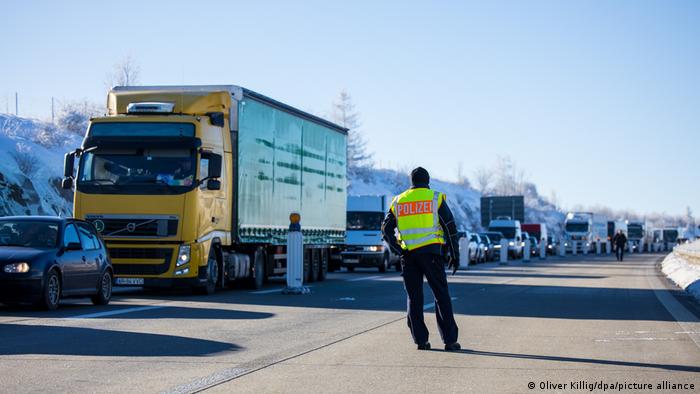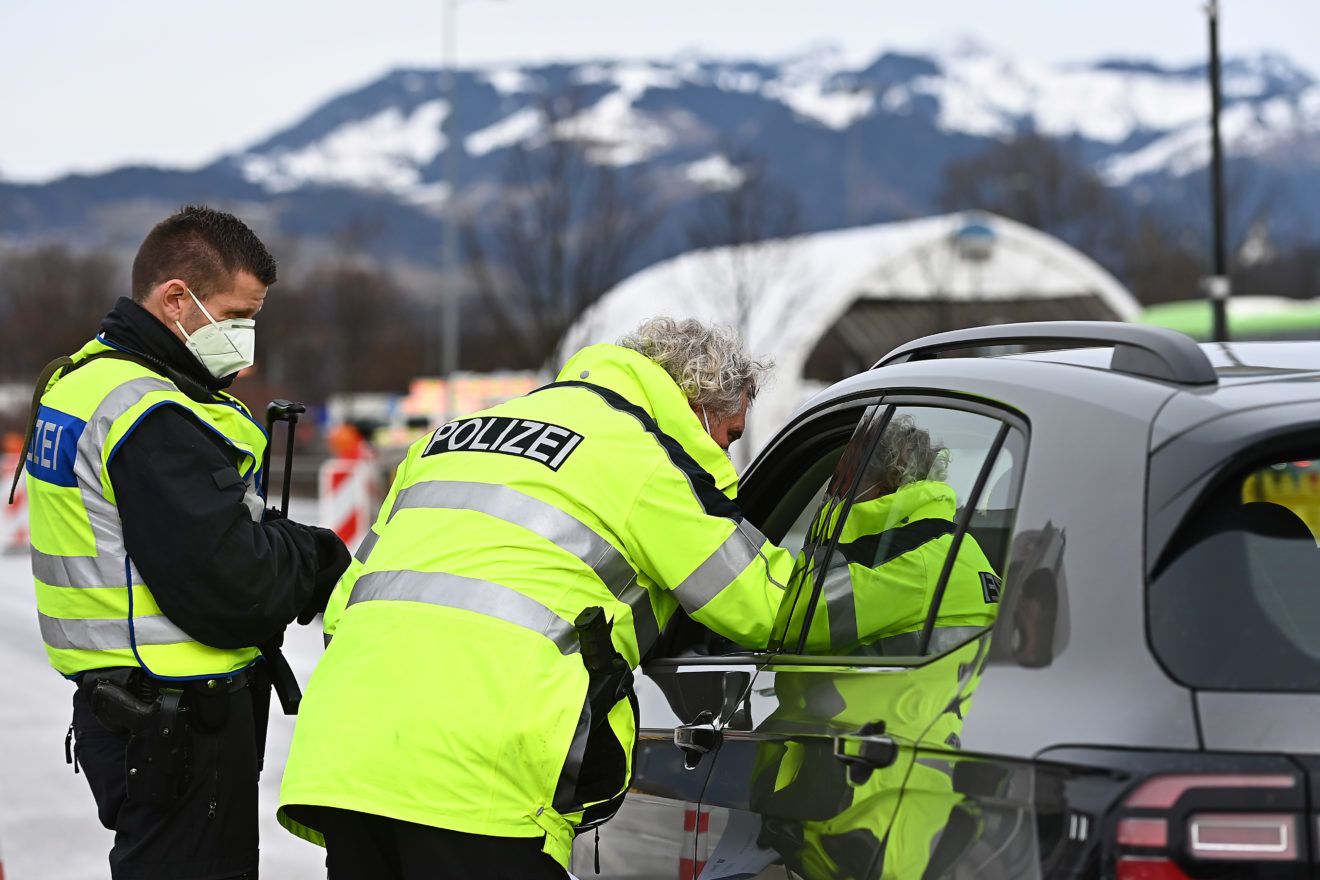German industrial & auto supply chains face Corona border restrictions
Travel restrictions on the German border with the Czech Republic could, according to the German VDA car manufacturers' association, cut the automobile supply lines, which could trigger a wave of production stoppages

BMW AG and Volkswagen AG operate plants in Bavaria and Saxony that rely on auto parts, especially those from the Czech Republic, which exports around a third of their vehicles and components to Germany. Entry restrictions and delays can disrupt sensitive utility lines, which can bring auto production to a standstill within a few hours. Some locations, such as BMW Dingolfing, the largest plant in Europe, also employ workers based in the Czech Republic.

Travel restrictions on the German border with the Czech Republic could, according to the German VDA car manufacturers' association, cut the automobile supply lines, which could trigger a wave of production stoppages.
From Sunday, only German citizens and residents of the country from the Czech Republic and Austrian Tyrol are allowed to enter Germany, two zones in which more infectious variants of the corona virus are widespread.
The highest accident rate in Germany is in Tirschenreuth on the Czech border. The community has 316.5 cases per 100,000 population, compared to the national number of 58.9, according to the RKI Public Health Institute.
Germany is on high alert when it comes to gradually reopening Europe's largest economy. Chancellor Angela Merkel warned last week that aggressive mutations would sooner or later gain the upper hand in the country and threaten to destroy progress made in containing the pandemic.

The BMW plants were in normal operation from Monday morning and had enough parts in stock, said a spokeswoman. She declined to say if the company anticipated any bottlenecks or outages later that week. According to VW, there were currently no production problems due to the border controls.
The highest accident rate in Germany is in Tirschenreuth on the Czech border. The community has 316.5 cases per 100,000 population, compared to the national number of 58.9, according to the RKI Public Health Institute.
Czech Association of the Automotive Industry
The Czech Association of the Automotive Industry "had not yet heard of acute disruptions," said a spokesman. Many companies have started holding larger inventories following the upheaval last year during the first wave of coronavirus lockdowns.
Nevertheless, the queues of cars and trucks stood 15 kilometers long on Monday, and the Czech motorway authority warned of a traffic collapse on the main road between Prague and Nuremberg.
BMW also has factories in Regensburg and Wackersdorf near the Czech border and manufactures engines in Steyr, Austria. Both BMW and VW make cars in Leipzig, and VW produces the ID.3 electric hatchback in Zwickau.
There are exceptions to the border controls, including for health, logistics and seasonal workers, said Stephan Mayer, Deputy Interior Minister of the Bavarian CSU party, in an interview with Radio Deutschlandfunk on Monday. Others are also discussed for companies that rely on workers from Tyrol or the Czech Republic.
Loops in supply chains due to the restrictions would give German automakers new headaches and are already fighting against a global shortage of semiconductor chips. Ford Motor Co. and VW have both cut production in German plants due to a lack of chips.
